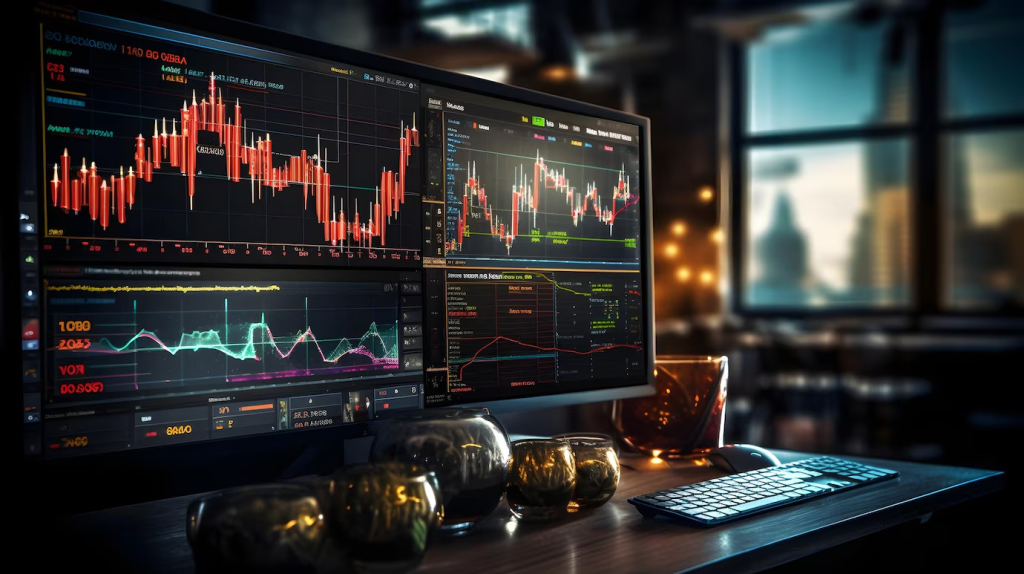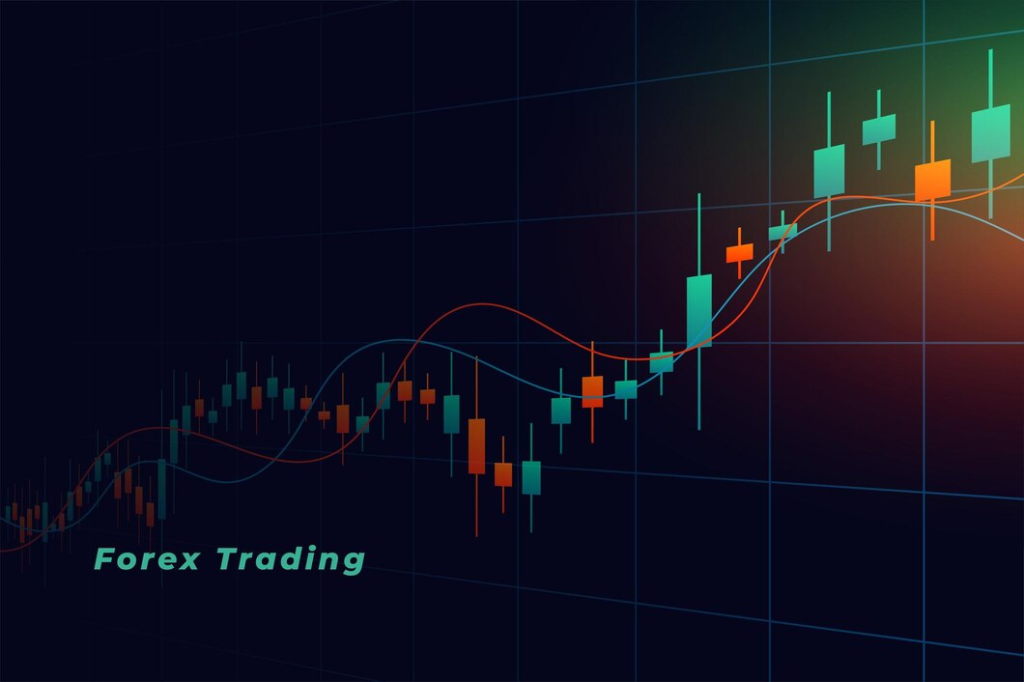War and conflict have always disrupted the face of the world by creating uncertainty and fear, affecting economies and financial markets. The investor is often left wondering how to react to the indications of geopolitical tensions. Should a portfolio sell at the first crack of gunfire or wait out the storm, and even invest more? The drums of war may sound scary, but what does that actually do to the stock?
Historically, stock markets have reacted differently to war. From World War I all the way to the Middle East conflicts, the investors had to navigate through tumultuous times and often mixed results. The S&P 500 has fluctuated in response to major conflicts on the US stock market. It is surprising, though, that with regard to the overall trend, markets stabilize or even prosper during wartime, prompting many people to question conventional wisdom on the topic.
This article endeavours to explore the complex relationship that might exist between war and the stock market, determining how stocks perform before, during, and after the conflicts. We will also explain why markets may behave in ways that are not quite what one would imagine and guide investors on how to approach strategies based on these findings.

Historical Performance of the S&P 500 During Conflicts
Major Conflicts and Market Reactions
Historically, the S&P 500 has proven to be quite resilient against war. Following major incidents, such as Pearl Harbor, the market reacted negatively but rapidly regained ground. After the attack in December 1941, the market’s loss reached a peak of about 20%. However, within several weeks, the market began to recover and eventually skyrocketed in value. In fact, between 1941 and 1945, the last year of the war, the Dow Jones Industrial Average rose over 60% in real terms.
The Expectation Factor
Expectation of conflict. Markets are often forward-looking, so they will price in events before they occur. Investors react to news and rumors and then rebalance their portfolios. In this sense, the shock of an actual conflict might be less because most of the news has already been priced into stock prices. This phenomenon can also mitigate panic and result in a faster recovery.
Volatility and Economic Activity
Market Volatility
Contrary to popular belief, market volatility actually decreases during periods of war. Historical evidence indicates that government expenditures on defense are inversely proportional to the level of market volatility. While governments increase their expenditures to fund military operations, economic activity tends to rise, which steadies markets, thus acting as a cushion against the uncertainty typically associated with war.
Government Spending as a Stimulus
War fosters government spending on different sectors, mainly defense. Increased spending may result in employment and infrastructure developments that positively impact the economy. Illustrations include the U.S. economy during World War II. With the onset of war, factories switched to producing instruments and equipment for the war and translated millions of jobs and an environment that gave additional boost to the stock markets.
Domestic vs. International Conflicts: Different Effects
Domestic Conflicts and the Outcome
Not all wars result in equal impacts in the stock market. The wars fought on native soil leave far deeper marks on the economy and the markets. The United States has been spared the marks of significant internal conflict since the Civil War, but places such as Germany after World War II and Russia after the Bolshevik Revolution experienced such economic repression as led to total collapse within the stock market. These often led to extended market shutdowns followed by readjustments at dramatically lower valuations.
International Conflicts
International conflicts tend often to be a boon for growth, especially by non-impacted countries. The U.S. market, for example, tends to fare relatively well in the face of foreign conflict as military spending increases, as do the economic benefits of providing for allied nations.

Asset Class Performance During War
Stocks vs. Other Asset Classes
Each asset class reacts differently to a breaking war. Take for example gold that shoots up at any rumour of war. It’s the old safe haven. The price movement is often very sharp upward move followed by an equally dramatic downward move. Oil sometimes shoots up and then goes equally down. In some instances, bonds become attractive as investment seeks stability during turbulent moments.
Strategies for Investors: Buy or Sell?
The Rothschild Principle
The most famous saying of Nathan Rothschild is: “buy to the sound of cannons, sell to the sound of trumpets.” In other words, in times of war, the best thing you can do is buy rather than sell. If your local market is not affected by the war, then this principle applies. The historical data shows that long-term investors who did not leave the market usually benefited greatly.
However, investors should also consider personal circumstances and risk tolerance in their investment decisions. Each conflict is unique in its own way, with historical trends offering a glimpse, but no promise of future performance. Informed investors look at all the details of the situation. These include the type of the conflict, economic impact, as well as one’s individual financial goals.
In conclusion, the relationship between war and the stock market is complex but interesting. Markets have shown resilience during wars and reacted quickly after initial shocks in the history of markets. The expectation of a war, with increased government expenditure, stabilizes markets and fosters economic growth. Since not all wars can be characterized as positive events, especially those on home turf, the general trend has been that investors can make money by not panicking during times of geopolitical tension.
Therefore, understanding historical patterns is useful for investors because they may make informed decisions in strategic perspectives. The 25 cannons may create some fear, but a strategic approach may make it result in profits. For the ever-changing landscape of global conflicts, investing during wartime must keep yourself abreast and prepared for changing situations.